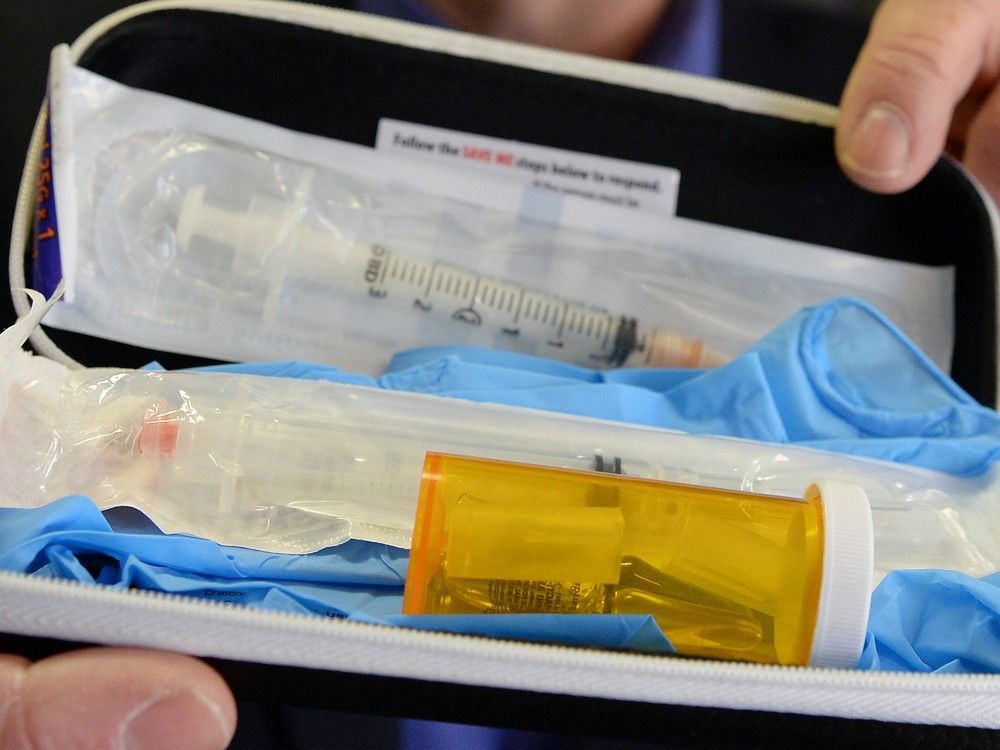
Biosolids recycler Synagro Technologies Inc. has outlined the steps it is taking in response to complaints about foul odors emanating from its composting facility near Holly Hill. State Rep.
Gilda Cobb-Hunter, left, speaks with Matt Tabisz and Lisa Williams of Synagro Technologies Inc. during her “Quality of Life Town Ha..

. The details were provided during state Rep. Gilda Cobb-Hunter’s “Quality of Life Town Hall” meeting on Thursday, March 27, at East Lake Elementary School.
State Rep. Gilda Cobb-Hunter, center, speaks with attendees at her “Quality of Life Town Hall” meeting on Thursday, March 27, at East Lake Ele..
. Because eastern Orangeburg County is poised to see significant growth, the panelists discussed a variety of topics related to residential and industrial land use and development. But 23 of the 24 questions posed by audience members involved Synagro and the stench that wafts through the Holly Hill community all too often.
Synagro receives truckloads of solid waste after it has been flushed down commodes, undergone treatment at a wastewater treatment facility, and separated from the liquid waste. Upon arrival at the facility, the biosolids are immediately mixed with wood waste from local manufacturers. The mix is occasionally turned but otherwise it’s left to decompose for 15 to 20 days.
Then the material is “cured” for another month or so. The end products are organic fertilizers and compost, marketed under the brand name of AllGro. Orangeburg County Planning Director Preston McClun speaks with attendees at the “Quality of Life Town Hall” meeting on Thursday, March 27, at .
.. Synagro was represented at the town hall event by Matt Tabisz, director of business development, and Lisa Williams, director of technical services.
“We’re here because we heard the concerns,” Tabisz said. “Our job is to figure out what’s going on and how do we resolve this. It’s a bit surprising to us that it’s traveling 2 or 3 miles into the town.
” To minimize odors, Tabisz told the audience: Similar changes resulted in “great success at other places” where Synagro had odor issues, Tabisz said. They were “a game changer.” Local news has never been this personal.
Free to download. Subscribers enjoy unlimited access. Too, Synagro has contacted a national engineering firm that has agreed to submit a contract proposal to track down the source of the odor and “pinpoint what’s going on.
” Williams gave a similar presentation at the March 3 Holly Hill Town Council meeting and asked concerned citizens to keep in touch with her. On March 27, she thanked them for honoring her request. “I appreciate the updates,” she said.
Orangeburg County is stopping new sewage and animal waste processing facilities while it studies the issue. Audience members’ questions were fielded by Tabisz and Williams, along with Myra Reece, interim director, and Rhonda Banks Thompson, chief of the Bureau of Air Quality, at the state Department of Environmental Services Here’s a sampling: Eastern Orangeburg County residents discuss impacts of residential and industrial growth at a town hall, addressing issues like biosolids recycling, heirs property, and land use planning. Cobb-Hunter expanded on that last point in an interview after the meeting.
“They didn’t ask for state incentives or county incentives. They leased the land. It was already zoned (industrial) so there was no need for the public notice,” she said.
“They didn’t violate the law. They complied with the law,” she said, adding that perhaps the Legislature needs to change the law because citizens need to have the opportunity to provide “input before decisions are made.” But what was done can’t be undone, she said.
In a Holly Hill Town Council meeting, a Synagro Technologies Inc. representative faced backlash over odor concerns from a new composting facility. Going forward, “what we need to do, in my view, is to, first and foremost, work with (Synagro) to address the concerns as best as we can.
I appreciate the steps they have taken to mitigate the odor.” Cobb-Hunter was pleased that she was able to “get the Department of Environmental Services and Synagro in the same room so they could hear” the audience’s concerns first-hand – and the audience could hear first-hand from the DES and Synagro representatives as well. About 125 people attended the meeting, greatly exceeding the expectations of whoever was responsible for providing sufficient parking spaces.
Cobb-Hunter said she was pleased that so many people showed up and that the attendees “had the opportunity to raise questions in an environment that was conducive to answers.” She added: “I think some of the folks are not particularly impressed with the answers, but at the end of the day, we’re not going to have 100 percent satisfaction, but that’s life.” Audience members also heard from Dr.
Jennie Stephens, chief executive officer of the nonprofit Center for Heirs’ Property Preservation. Heirs’ property is land that was originally owned by someone who died without a will. After a couple of generations, ownership of the land can become contentious, clouded by “family dynamics that were never addressed,” she said.
Any South Carolina land owner can request free advice and counsel, she added. To resolve ownership issues, the center offers “third-party mediation.” To avoid future problems, the center offers attorneys and will-drafting clinics.
To help property owners maximize the use of their land, the center offers foresters and other experts, along with educational and grant opportunities. The center has scheduled seminars on April 5, April 12, May 31, and June 9 in various locations in Orangeburg County. For more information, go online to www.
heirsproperty.org or contact Kayra Rice at [email protected] or 843-745-7055, ext.
245. Another panelist was Alan Lee, government relations manager for the nonpartisan Conservation Voters of South Carolina. He encouraged people to “love the land you live on.
” Lee spoke about South Carolina Prosper and Preserve, a strategy to help the state grow sustainably without sacrificing what residents love about living here. After the meeting, Orangeburg County Planning Director Preston McClun displayed proposed plats for two large residential developments near Vance. McClun distributed information on the Orangeburg County Sustainability Plan, which will create a multi-jurisdictional framework for guiding development and public investments over the coming 20 years.
The plan will identify targeted areas to support growth, infrastructure needed to serve growth areas, and the roles of partner agencies and organizations. Go online to OrangeburgCountyGrows.com for more information.
Stay up-to-date on the latest in local and national government and political topics with our newsletter..















